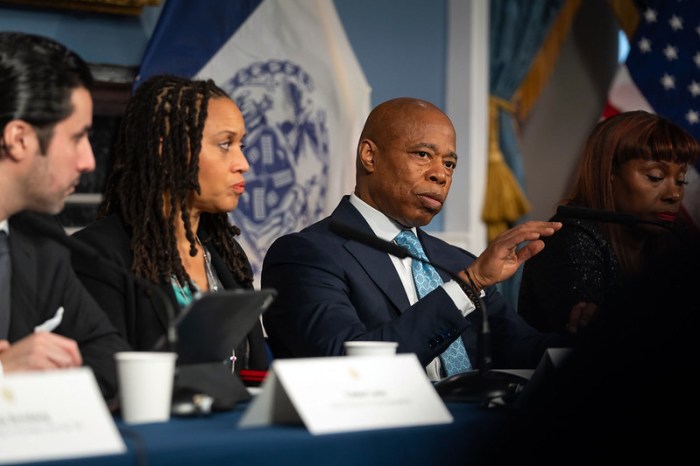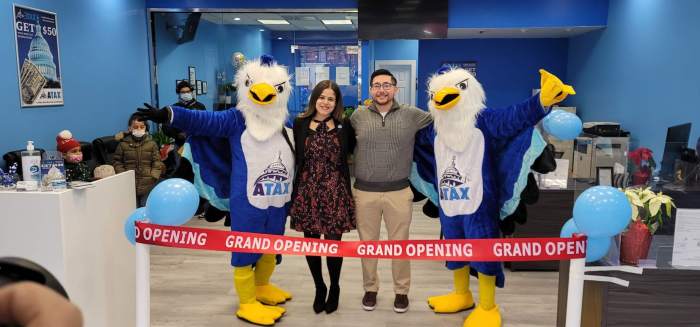For most CUNY students, attending college would be impossible without financial aid. But this year, the chaotic rollout of the new Free Application for Federal Student Aid (FAFSA) form threatens to derail the educational journeys of many current and prospective CUNY students.
That’s why we’re doing all we can to help students and their families overcome the glitches and complete the FAFSA form.
The new streamlined application was meant to be easier to complete when it launched in December – after a long-needed overhaul that sought to be especially beneficial for students from low-income families who depend on financial aid the most. That includes the 70% of CUNY students whose federal Pell grants and state Tuition Assistance Program (TAP) aid allows them to pursue a degree tuition-free.
But a cascade of technical problems have had the opposite effect. Students nationwide have encountered frustrating bugs in FAFSA’s new online application, while logjams in the federal processing system have left colleges and universities waiting for months to receive the information they need to make financial aid offers to students. The havoc has left students in limbo and discouraged many from pursuing their college plans, with a disproportionate effect on students from low-income families and underserved communities. In New York, applications are down 24% statewide.
With $1 million in funding from the Carroll and Milton Petrie Foundation, CUNY is joining forces with the New York City Public Schools and the New York and Queens public library systems to help 100,000 high school seniors and current CUNY students complete their FAFSA forms. From now through September, the CUNY Financial Aid Support Team, or FAST, will provide students with personalized assistance from financial aid counselors and trained college student-coaches.
These coaches include Crystal Luna Serrano, a senior at CUNY’s John Jay College of Criminal Justice in Manhattan who has been assisting high school students all year. “It’s really upsetting for students,” she said.
To advance CUNY’s FAFSA-completion efforts, we are working closely with Governor Hochul, who designated April as Financial Aid Awareness Month and announced a campaign to encourage FAFSA completion that includes sending letters with resources and tips to high school seniors throughout the state. Governor Hochul understands the consequences of the FAFSA delay for CUNY and its students, and we are thankful for her support. We’ve also pushed the deadline to commit to CUNY until June 1, giving applicants more time to receive financial aid packages.
Our focus is our students, and so we urge them, and their families, not to lose sight of the transforming power of a degree and complete the FAFSA form despite the many frustrations. I have said many times during my five years as Chancellor that CUNY students are persevering and determined. They know how to overcome barriers. This spring, FAFSA is one of those obstacles, but the extra perseverance will be worth it.
Matos Rodríguez is the chancellor of The City University of New York (CUNY), the largest urban public university system in the United States.


















